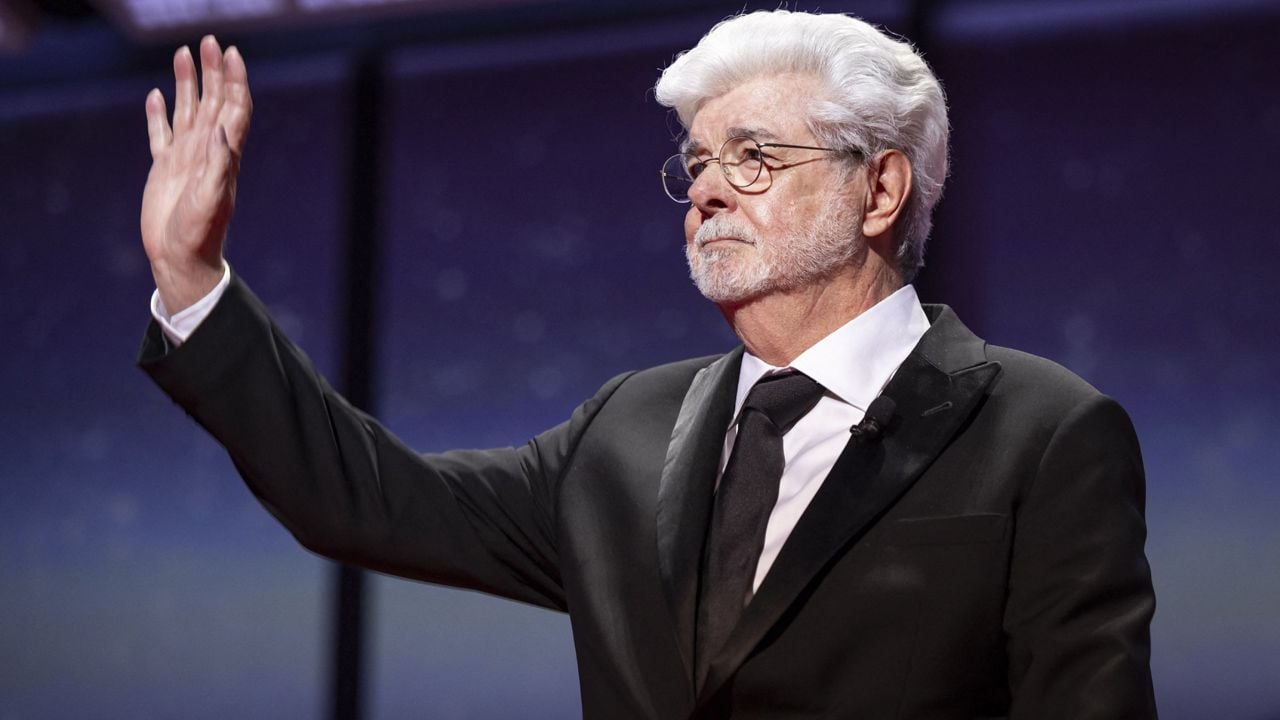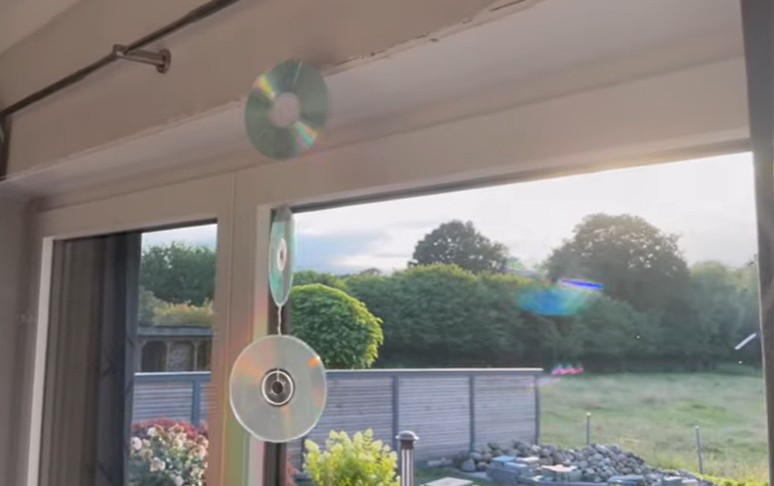Low profile, with few outbursts of anger, the mayor embraces Bolsonaro, but rejects polarization in the countryside; The mayor debuts in the Estadão profile series with the pre-candidates for mayor of SP
“Ricardo, I will ask for 30 days off. I trust you. See you soon.”
“Bruno, don’t worry.”
The exchange of messages is still saved and archived on the cell phone of the mayor of São Paulo, Ricardo Nunes (MDB), elected vice-president of Bruno Covas, who died at the age of 41, on May 16, 2021, victim of digestive cancer. “I had never shown this message before,” Nunes says. Before her, Covas had called him crying a lot to tell him that he was hospitalized again. The treatment he had undergone earlier that year had not worked.
Bruno, from the PSDB, was re-elected in 2020, defeating the PSOL candidate, Guilherme Boulos. Nunes, councilor until the beginning of that year, was a little-known name in the betting market, but with whom Bruno had a good relationship and the memory of a request made in 2019. That year he was elected president of the MDB Council and, in one of the conversations between them, suggested that he would like to be part of the future list as a candidate for vice president. At that moment the toucan felt it was too early to address the issue. But as soon as he decided that he would run for re-election, he called Nunes and extended the invitation. “When he told me I cried. I have always had a lot of admiration for him, I had him as an idol”, he says.
Ricardo Luis Reis Nunes is 56 years old, born in Sao Paulo, son of a Portuguese immigrant, Luis Nunes, and Maria do Céu from Minas Gerais, he is the eldest of four brothers (the youngest is already deceased). He is married to Regina, has three children and a grandson aged one year and six months. Nunes’ family lived in the Santo Amaro neighborhood and he studied at Colégio Jesus, Maria, José, founded in 1919 by a community of Portuguese nuns. He led a comfortable, bourgeois life, until his father decided to sell almost everything he had to start a company in Cananéia, on the southern tip of the coast of São Paulo, considered one of the first cities in Brazil. It was a bus, construction and machine shop company.
Nunes is grateful to Bolsonaro for negotiating São Paulo’s debt. “I had a debt of R$25 billion and I was paying R$280 million a month. Thanks to Bolsonaro, we renegotiated and were able to stop paying this monthly amount,” explained the mayor.
But Nunes did not like criticism from the governor of Rio Grande do Sul, Eduardo Leite (PSDB), regarding support for Bolsonaro. He recalls that almost all of his collaborators and his direct collaborators, from the head of cabinet to the secretaries, were chosen by Bruno Covas. “How will the PSDB speak against me? Against your government? Sometimes people just want to look at other people’s grass,” he says.
In addition to the support of the former president, Nunes enjoys the strong support of the governor of Sao Paulo, Tarcísio de Freitas, who was Bolsonaro’s minister. “We have a great working and friendly relationship. We work in a very similar way, with objectives, planning. Tarcísio is a fantastic guy, one of the best prepared people I know, with extraordinary professional and emotional skills”, he praises.
In the campaign, Nunes believes his results will help him prove he is the best candidate to continue running the city. “My opponent has never even handled a hot dog cart. We have 1,300 jobs completed. We won’t achieve perfection. But we will show that the city has a direction. I’m going to win the election,” he says.
Source: Terra
Rose James is a Gossipify movie and series reviewer known for her in-depth analysis and unique perspective on the latest releases. With a background in film studies, she provides engaging and informative reviews, and keeps readers up to date with industry trends and emerging talents.



![[Coluna] Does Brazilian protectionism inspire Trump? [Coluna] Does Brazilian protectionism inspire Trump?](https://p2.trrsf.com/image/fget/cf/774/0/images.terra.com/2025/10/16/2008907400-74231636354.jpg)


